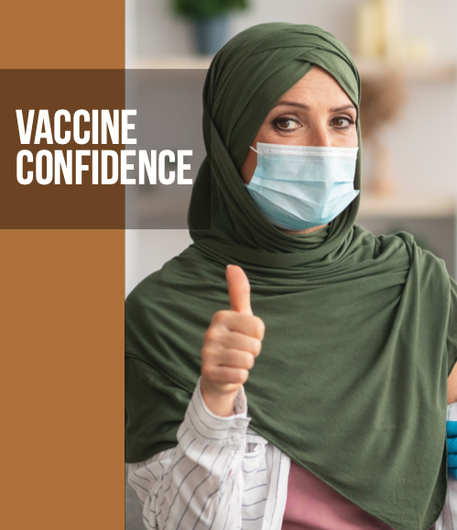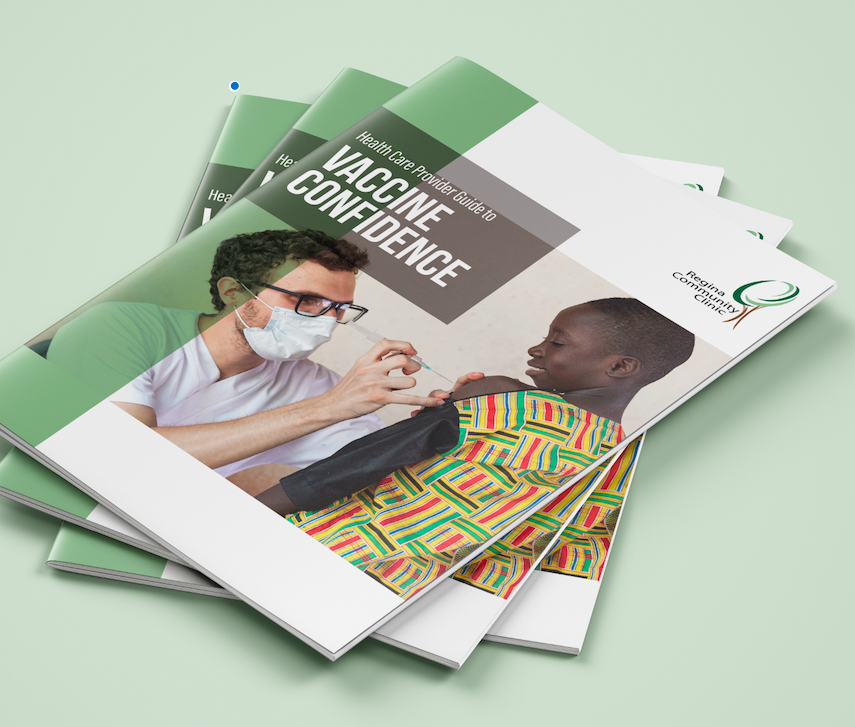The recommendation is that all pregnant women, regardless of how far along they are in pregnancy, should receive the COVID-19 vaccine. Pregnancy and breastfeeding are not reasons to be excluded from vaccination. Accumulated evidence from around the world is on-going and has shown no major side-effects. There are no differences in the rates between vaccinated and non-vaccinated pregnant women in the occurrence of miscarriage, pre-term births, stillbirths, or birth defects.
Data has shown that unvaccinated pregnant women who contract C-19 have a higher risk of hospitalization and are three times more likely to be admitted to the ICU. If you are pregnant and unvaccinated with chronic illnesses such as diabetes, lung or heart disease, asthma, hypertension, kidney or liver diseases, or a smoker or overweight you are likely to develop serious illnesses from COVID-19.
There are also perinatal risks with C-19, that is, a pregnant woman infected with C-19 may risk a pre-term delivery, an increased risk of a low birth weight, stillbirth or dangerously high blood pressure. A pre-mature baby with C-19 would likely mean ICU care for the baby and could result in respiratory problems.
The mRNA vaccine is not new and has been shown to be safe. There is no evidence at all that by administering the vaccine, there is a negative impact on the developing fetus. Unvaccinated pregnancies infected with COVID-19 have been shown to have increased incidents of pre-term births and admissions of newborns into the neo-natal intensive care.
The vaccine stimulates the production of antibodies. If the vaccine is received during pregnancy, the antibodies will cross the placenta and protect the newborn.
The vaccine is safe whilst breastfeeding. The antibodies will be transmitted to the newborn through breast milk. The initial worry of the vaccine with pregnant women in the first trimester. The only concern was pregnant women developing a fever at this stage. This was the reason vaccine hesitancy amongst pregnant women developed and escalated. However, pregnant women can be assured there are no risks during the first trimester. The safest option during pregnancy and breastfeeding is to be fully vaccinated.
Why can pregnant women can receive the COVID vaccine and not other vaccines?
Vaccines that contain weakened, but live viruses can cause a very mild infection. The COVID-19 vaccines trigger your immune system to make antibodies of the spike protein but not the virus itself.
Other vaccines that are safely given during pregnancy and breastfeeding include: tetanus, diphtheria, pertussis, and influenza.
Pregnant with Allergies:
You can receive the COVID-19 vaccine if you have allergies to nuts, eggs, shellfish, latex and other drugs. There are 2 exceptions:
A PEG allergy – polyethylene glycol – can illicit an allergy response but is extremely rare or an extreme reaction to the first dose. It unequivocally does not affect fertility. It may alter one’s menstrual cycle, only one or two cycles and this is not associated with fertility. The Covid-19 vaccines do not affect female nor male fertility.




